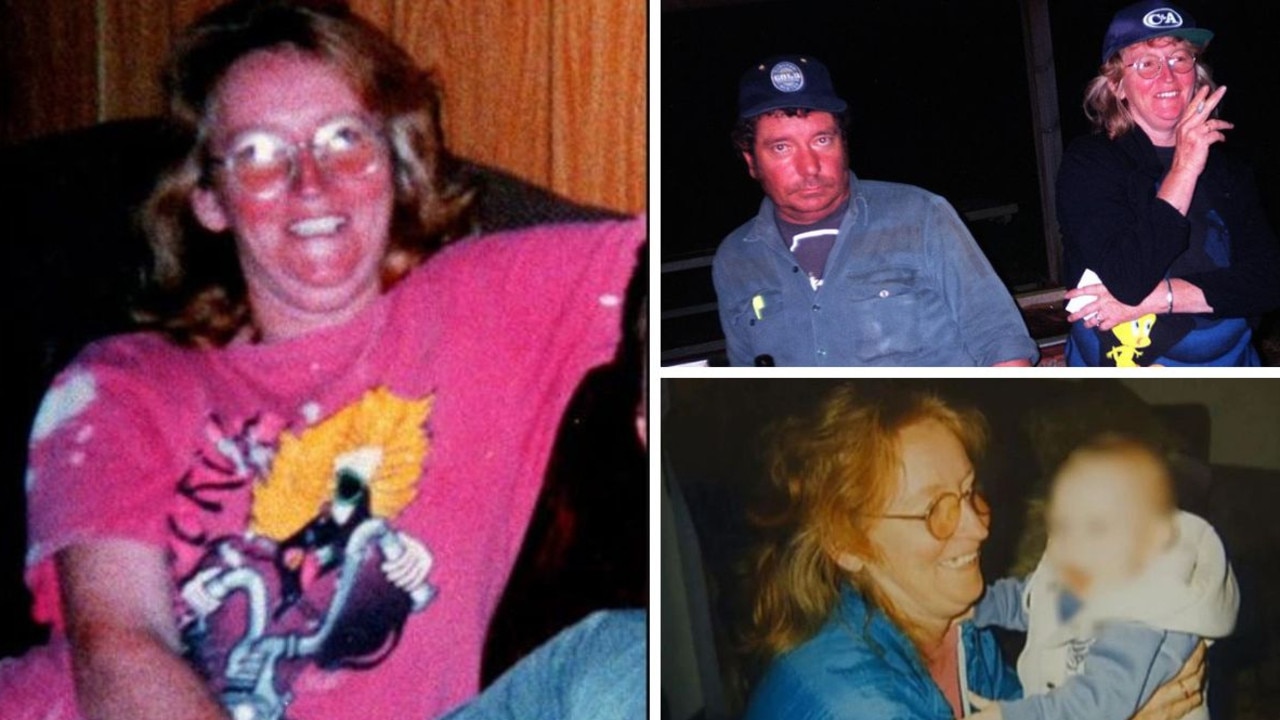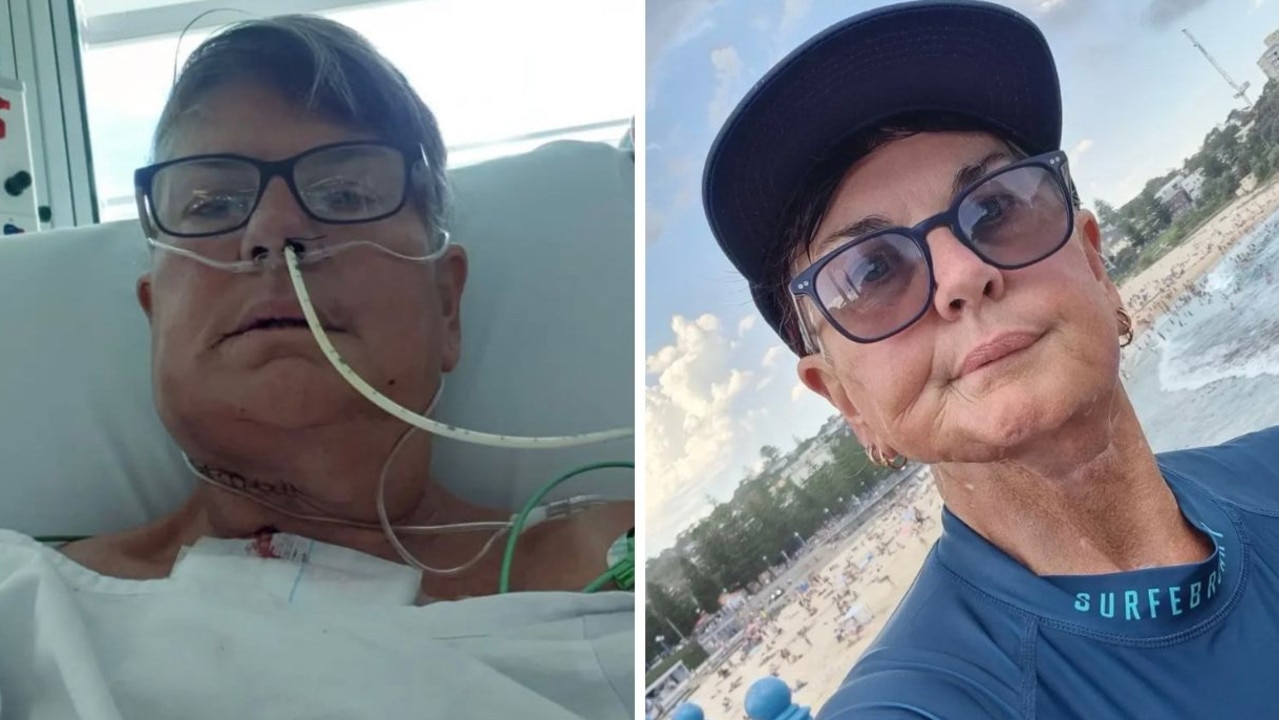Horror illness a million Aussies are battling at any given point
A 25-year-old man is just one of the Australians who have battled through the illness, and is throwing his support behind a campaign to help others.

A young man whose life was destoyed by an eating disorder has revealed how it acted like a “weed” taking over his life, as new data shows that there are one million Aussies struggling with similar issues.
Alex Rodriguez, 25, told news.com.au that his eating disorder came in waves, starting when he was just 10, but the most severe was when he was 14.
He said when it was developing in intensity, like a lot of people, the then-teenager was in complete denial about what was happening, explaining that eating disorders are primarily coping mechanisms while not understanding other aspects of life.
“On reflection, I would have been terrified to lose different coping mechanisms that I had at the time which were presented through my eating and exercise behaviour,” Alex told news.com.au.
His mum quickly realised that these behaviours were becoming excessive and all-encompassing.
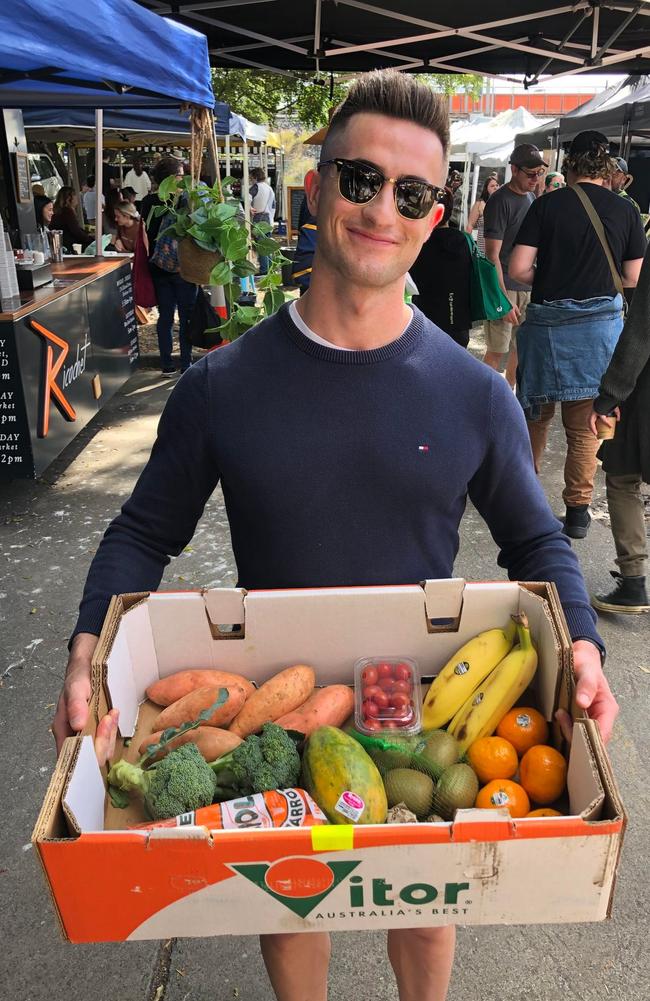
“When these things started to interfere with my day-to-day life – my friends, my family, my schoolwork – that’s when she started becoming very worried and started making comments and suggesting that I speak about things, suggesting that I see a healthcare professional,” Alex said.
“I was in significant denial, and very resistant towards seeing anybody or speaking about these things, but as they started to take over my life more and I started to become weaker, I started to become more anxious.”
Alex started to realise he was becoming a shell of himself and he began to accept he did have a problem but his brain was so malnourished and his fear of seeing help landed him in hospital.
“It should never ever, ever take someone being admitted to hospital to feel as if their eating disorder is serious enough or worthy of help,” he said.
“But unfortunately for me, that’s what was required for me to accept help, even though I knew that on reflection, if I had been if I’d accepted help or if I had engaged in the recovery process earlier, I could have prevented a lot of things worsening.”
For his first few weeks in hospital, Alex was surrounded by friends, family and health care professionals who supported him.
But, he was still in denial. It wasn’t until his body and brain started to recover that he began to realise the things he had missed out on, and the things he wanted to do in life.
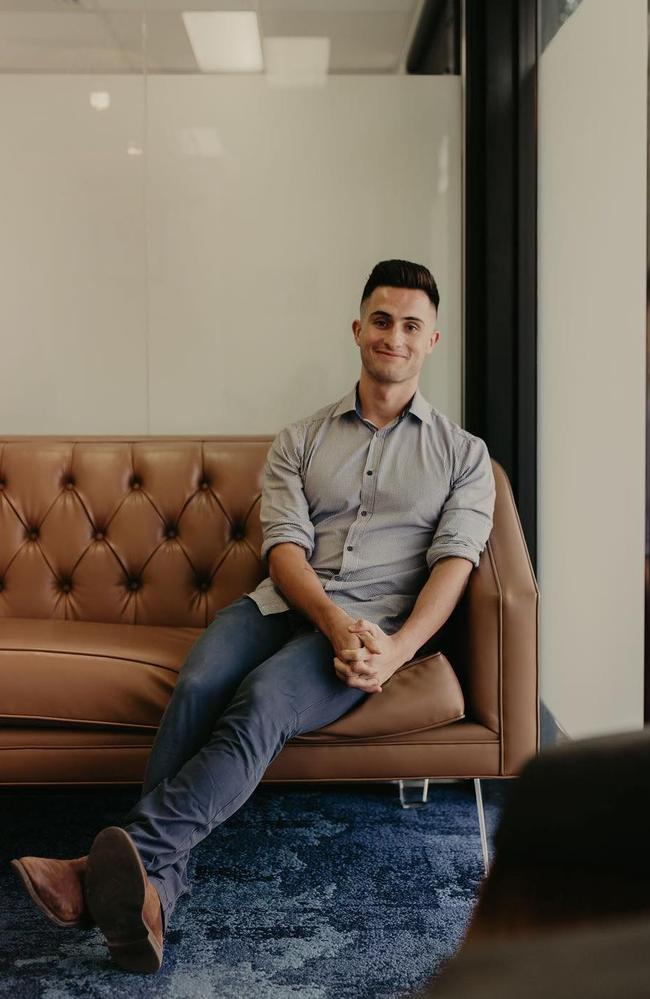
It’s been more than a decade since his hospitalisation, and a lot has happened in the time since. Alex said the remainder of his high school experience was rewarding and fulfilling, and he pursued many aspects of recovery which was challenging.
But, the root cause of his eating disorder remained unaddressed, and those symptoms began to manifest in different ways. For instance, his drive to achieve a good Year 12 result.
“It had similarities with the eating disorder, as I felt compelled to shut everything out of my life except for that to feel worthwhile,” he said.
When he got to uni, he tried to expand his life outside of that, but says he was still quite preoccupied with fitness, his body and food.
“The analogy I like to use is that eating disorders are a bit like weeds. You can address the surface through certain behaviours, but if you don’t understand why it’s there, and why you were using it to cope in the first place, it’s going to grow back in different ways in different areas of your life,” he said.
It was during lockdown, while living in Melbourne, that Alex really began to prioritise his mental health, and work towards understanding who he was and what he wanted in life.
He began volunteering in the eating disorder space, and even pursued a neurodiversity diagnosis and discovered he had been living with autism and ADHD.
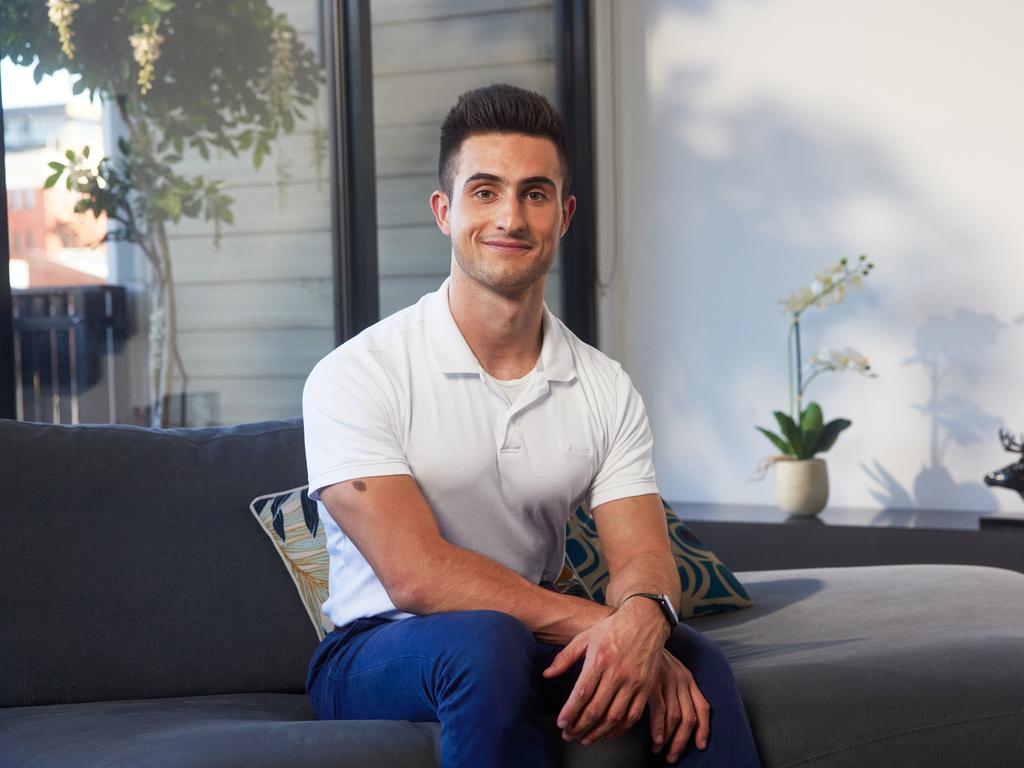
I think one of my primary purposes [for sharing my story] is one of the things that brings me joy in life is supporting other people, helping other people be heard and helping other people feel they are supported and they’re not alone,” he said.
“And with that comes reducing stigma and reducing stereotypes around lots of different things.”
Alex said specifically mental health and eating disorders in men is something that goes under-reported, and he wants to change that and encourage men to open up. He said eating disorders don’t have a particular look or demographic they go after – they are pervasive.
Alex shares his story as The Butterfly Foundation launches its Quiet the Noise campaign, which is a bid to raise donations for 750,000 Australians who have an eating disorder “voice”. This feeling can often intensify over Christmas, which can lead to relapses, as it is a food-centric holiday.
“For many Aussies, the holiday period is a happy time with family gatherings over food; but for those with eating disorders, it’s a heightened period of stress and pressure where the eating disorder noise grows louder than ever. A staggering 75 per cent of those living with an eating disorder contend with this internal struggle and often highlight it as a pivotal aspect of their eating disorder that requires clinical intervention,” Melissa Wilton, the head of communications and engagement at The Butterfly Foundation said.
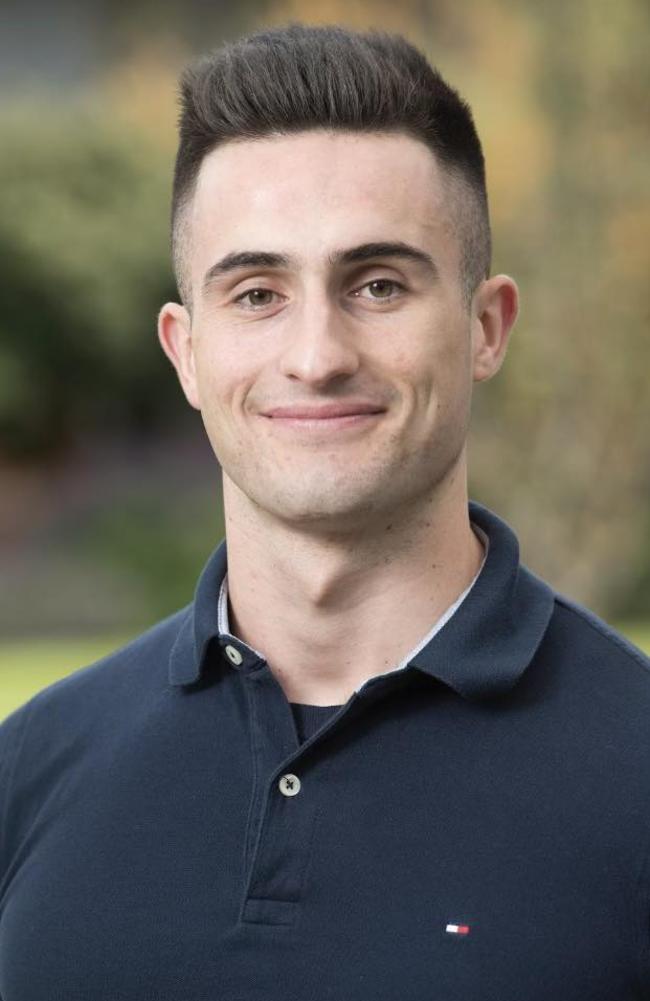
“We encourage anyone experiencing this noise or signs of eating disorders and disordered eating to reach out for support. At Butterfly our Helpline counsellors are qualified mental health professionals with specialist training in eating disorders and body image, ready to help quiet the noise for anyone in need of support this holiday season. Donations are also vital to ensure we can continue to provide this critical support to Australians who need it more than ever.”
Calls for help from Butterfly have increased over the years, with 3,500 calls received between December 2022 and January 2023. This is a 15 per cent increase on the year before and a 32 per cent increase compared to 2019.
Alex said he personally found this time of year incredibly difficult, and he said the campaign is vital as it helps people not feel so alone but also encourages family to have a bit more of an understanding on how to support those struggling around them.




